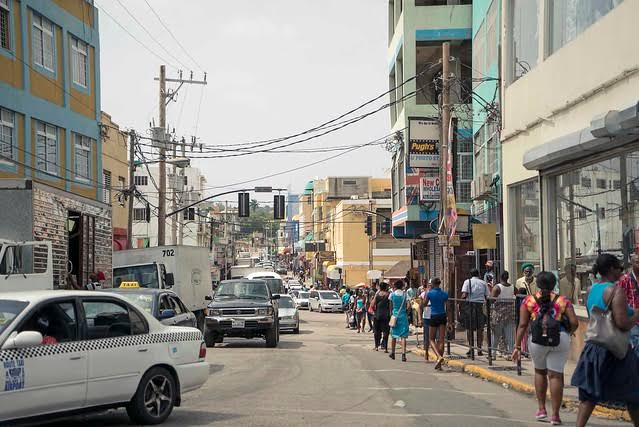Jamaica. NIS a regressive use of public funds – IDB executive
Labour lead specialist at the Inter-American Development Bank (IDB) Professor David Kaplan has described the National Insurance Scheme (NIS) as a “regressive use of public funds”.
Kaplan was addressing the annual luncheon of the Pension Industry Association of Jamaica (PIAJ) at Hotel Four Seasons in St Andrew yesterday.
Responding to a question, following his keynote address, Kaplan pointed to deficiencies in the system.
“It does seem that there is an imbalance between what people are contributing to the system and what they get out of the system at the end. That’s a regressive use of public funds because the poorest of the poor are not getting that money and so, among other things, we do think devoting significant public resources to a contributory pillar is not the most progressive use of those funds.”
He continued: “I confess that I’m not an expert on the details of the National Insurance Scheme, but from what I understand, the day that the fund is gonna run out may have been pushed back a little bit but the fact that it is gonna run out of money suggests that the parameters aren’t sufficient to finance the benefit. We have some calculations that certainly suggests that today, the contributions are not sufficient to finance the benefit. So we do think that there is an imbalance there.”
Kaplan’s address focused on designing a multi-pillar system in a high informality environment, drawing on market research, statistics and his expertise, to help Jamaica tackle its current retirement security crisis. This initiative is one of a number of activities that the PIAJ is undertaking in its advocacy for greater pension coverage for all Jamaicans. His presentation comes on the heels of the PIAJ’s push for implementing pension auto-enrolment in Jamaica.
Universal social protection for older persons is part of the Sustainable Development Goals (SDG) and the UN 2030 Agenda, in particular SDG 1.3, which calls for the implementation of national social protection systems for all, with special attention to the poor and the vulnerable. Social security is a human right which, in practical terms, is understood as the need to guarantee universal protection without leaving anyone behind, combined with the transparent and sound financial management and administration required for social security to be further realised.
Read more @jamaica-gleaner











